In these uncertain times, there are some who suggest it might be better to be a tortoise, and stay at home. That has been a common theme for many years – even in the 1970’s when there was a spate of aircraft hijackings and hostage taking, there were similar calls to ‘hunker down and stay home’. We think it’s better to think about staying safe when travelling rather than just worrying.
Staying safe when travelling
The ideas here can also be applied to situations connected to natural causes – heavy rains, flooding, volcanic eruptions, earthquakes and tsunami, all of which have impacted upon different parts of the world in what seems like increasing frequencies in recent times.
Most of these ideas have been put forward before, but they’re practical and it’s always useful to update ourselves on staying safe but still enjoying our travels. They can be applied wherever your destination including your daily commute.
Plan, but be nimble
If you love to travel, whether in your own neighbourhood, state, country or internationally, you’ll have to do your research before you go and make your own assessment of the situation.
- Be open to a change of plans if necessary.
- Check for any updates on weather and security situations in your preferred destination.
- Have an ‘escape plan‘.
- If you’re buying travel insurance, read the fine print regarding change of itinerary, flight delay etc.
- If you’re caught in a civil unrest event – riots or a terrorist attack etc, keep low, hide if possible and don’t attract attention to yourself. Escape as soon as you can, if you have an opportunity.
Be aware
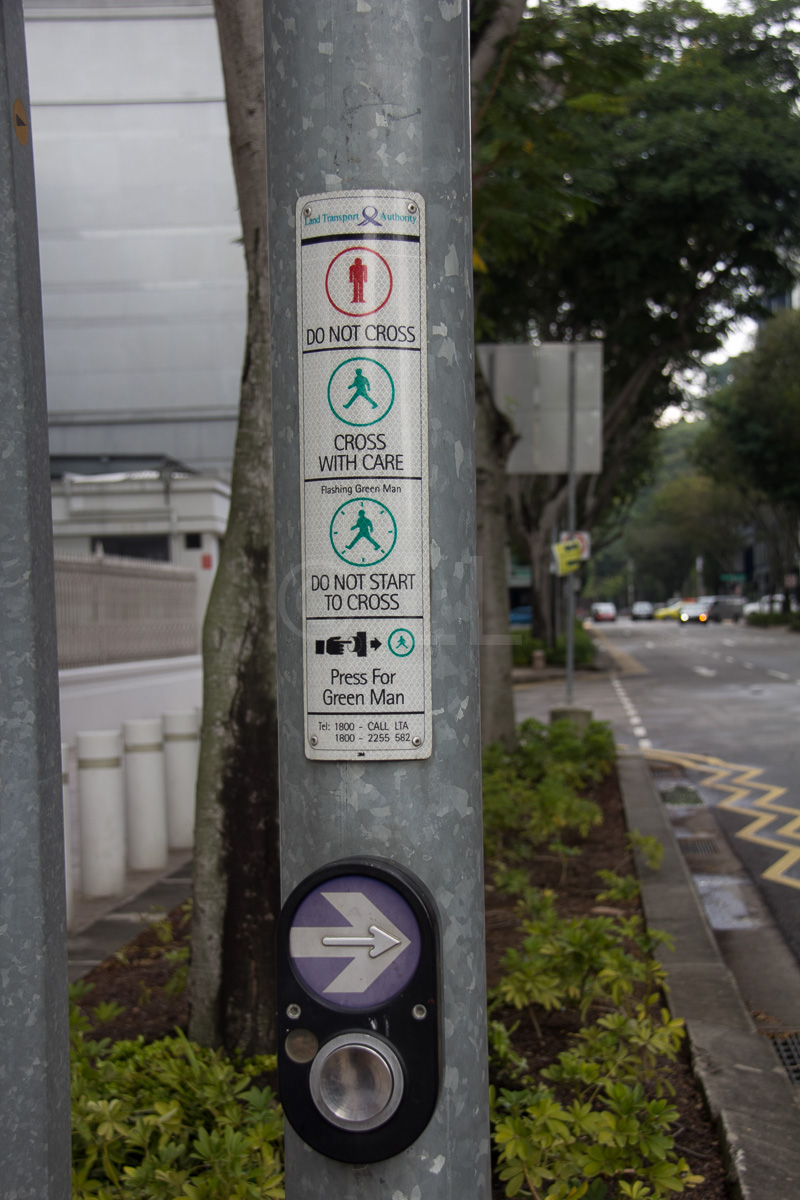
Basically, this means to engage with your surroundings so you protect your person and belongings.
- Keep that phone in your bag or pocket when you’re walking.
- Don’t play music in your headphones so loudly when you run, you can’t hear outside noise.
- Carry bags and cameras so you aren’t an easy or obvious target (including not putting a bag on the passenger seat when driving).
- Make sure you have some personal ID on your person in case you are separated from your bag. (perhaps a photocopy in a pocket)
- If you are travelling in an area where traffic drives the ‘opposite side’, make sure you check both ways before crossing the road. Every time.
- Remember, not all drivers respect pedestrians.
- If you are driving in another country, make sure you are on the ‘correct side’, observe traffic rules and speed limits.
- Be aware when eating – use common sense!
- Be aware with animals – not just in controlled areas like nature parks. Rabies is endemic in many countries.
Phone numbers & contacts
- Keep in touch – make sure someone else knows your plans.
- Keep a record of your numbers & contacts separate – if you have any Cloud storage (Dropbox, iCloud, OneDrive etc), make good use of it.
- If you have a local SIM, keep your home SIM in a safe place when you’re out and about.
- If you use local free wifi, e.g. in a coffee shop or airport – don’t use it for banking or other sensitive transactions as the connection is not secure.
Credit cards & money
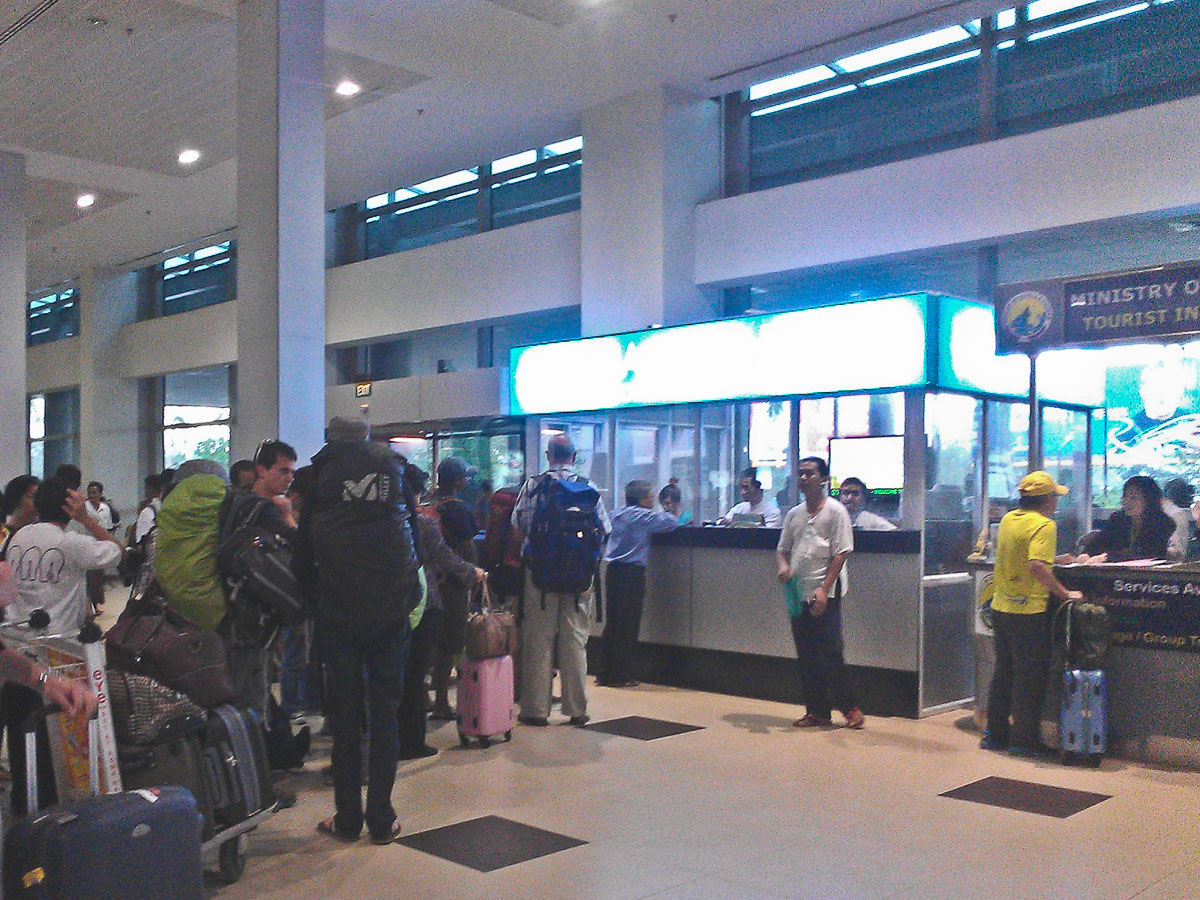
Whether you rely on cash, credit/debit cards or travellers cheques…
- Don’t keep all your cards or money in the same place.
- If travelling as a couple, share out the funds and think about having a money belt or similar.
- Photocopy the front and back of cards and passport and store soft copies of these in ‘the Cloud’.
- Be careful when accessing an ATM or making payments, check that there’s nobody watching closely, and that there are no additions to the card slot.
- Make sure you can see your credit card when it is being used.
- If paying cash, make sure you get the correct change.
- Check rates and charges before you hand over money to a moneychanger and watch carefully that you get the correct amount before you accept.
- Only use licensed moneychangers.
- Be careful when making a purchase, don’t flash lots of cash than can attract attention. It’s a good idea to keep a small amount in an easily accessible pocket so even if someone takes it, you’re still OK.
Buy travel insurance
- Travel insurance doesn’t need to be hugely expensive, but it pays to shop around before you buy.
- Identify your needs – medical, delays to plans, loss of belongings – different companies have different policies
- Does your policy cover civil unrest? Some do, some don’t and some may add a surcharge
- Check the policy offered by your airline/travel agent – does it do what you want? Do you need it? Check before you accept. Many airlines have this selected by default and they can be expensive.
This list is not exhaustive – you will need to use your common sense in many situations.
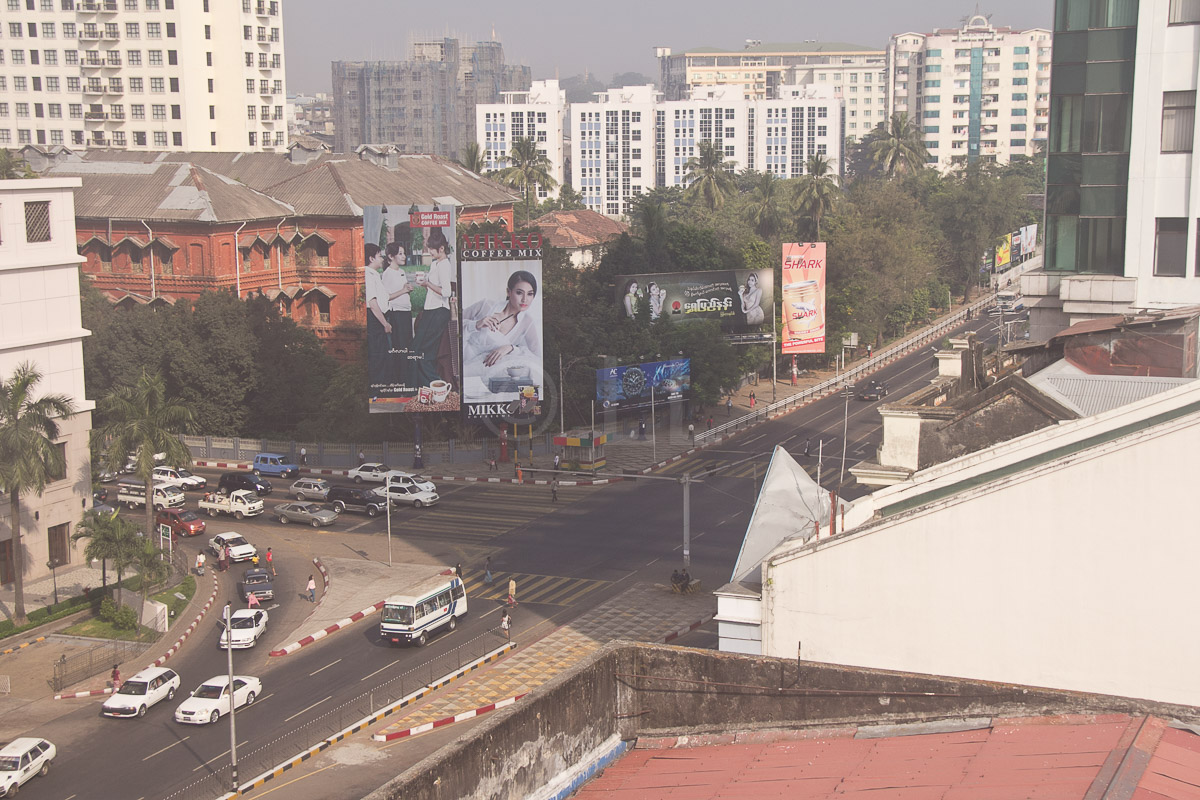
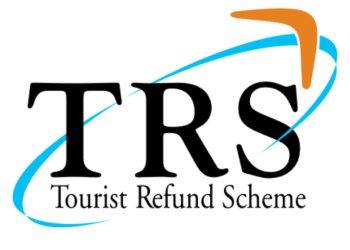
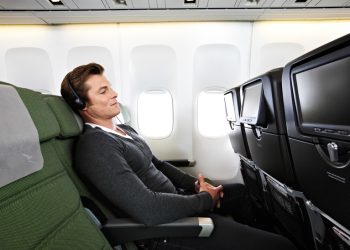

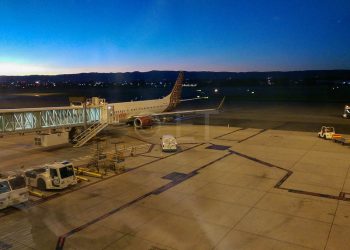
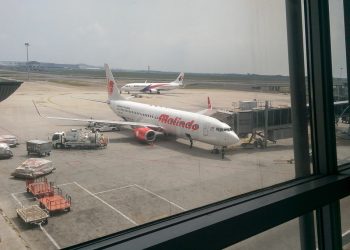

This Post Has 0 Comments